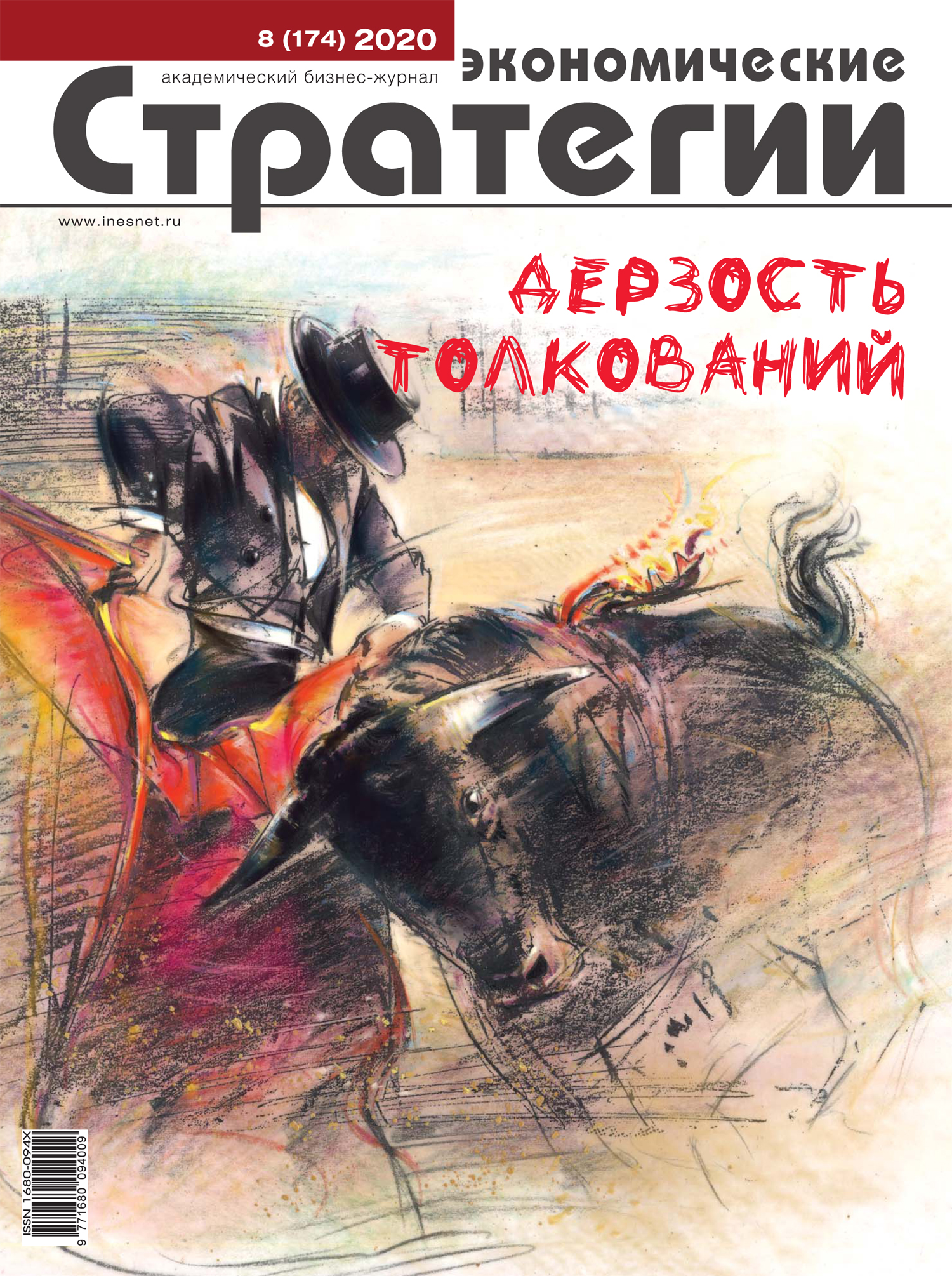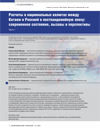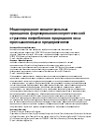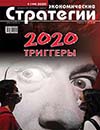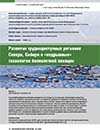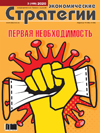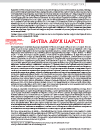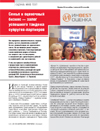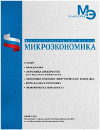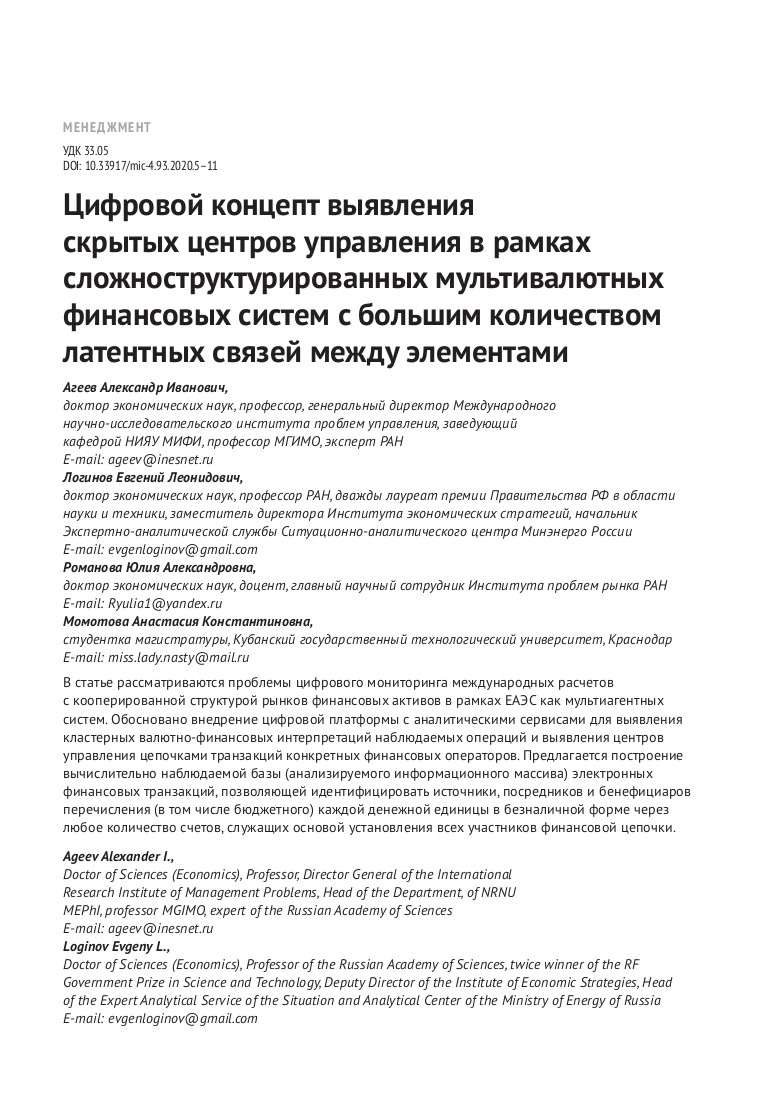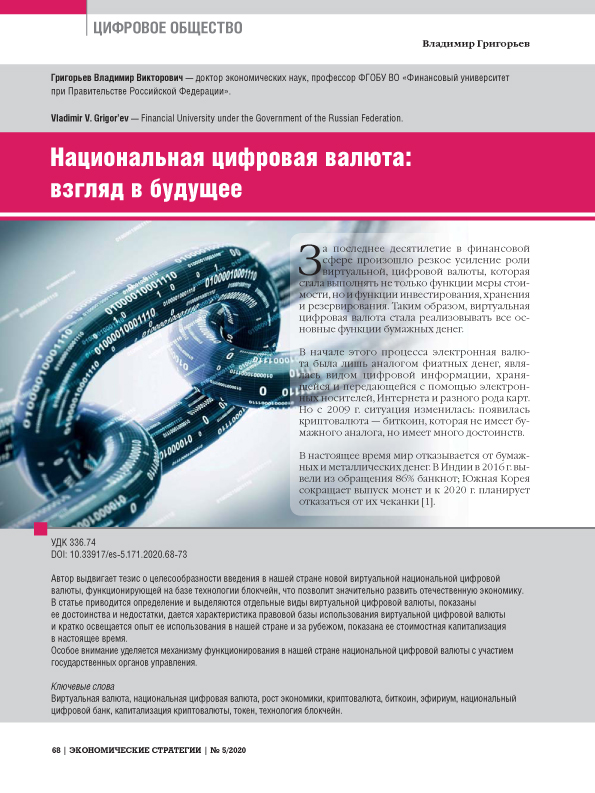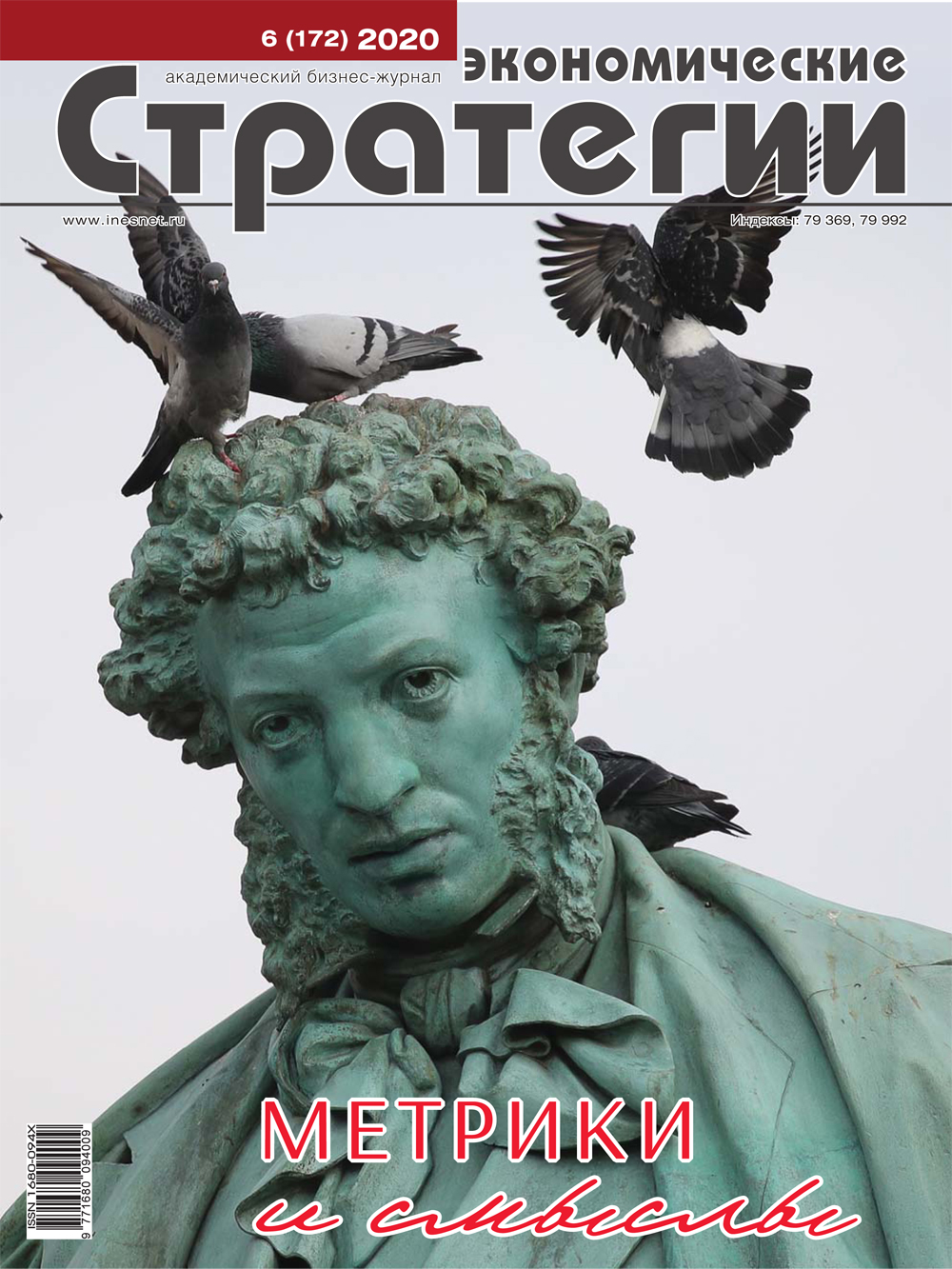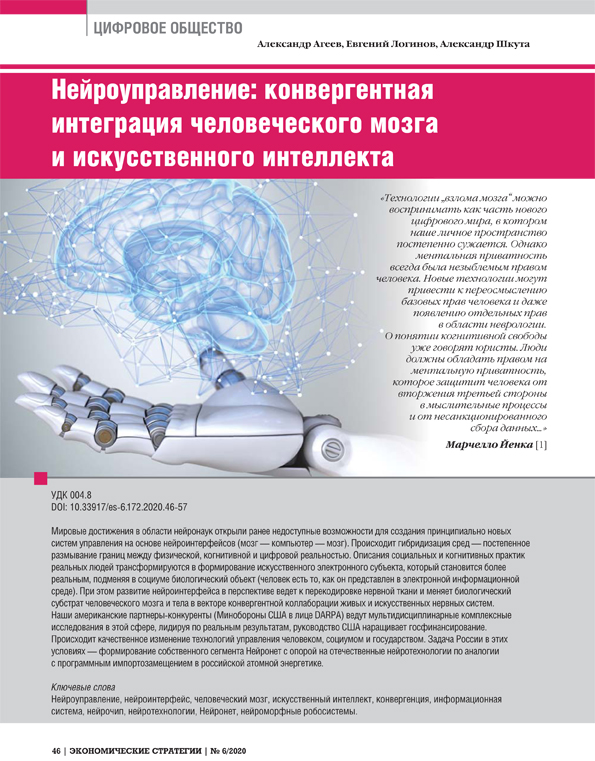Local Currency Settlement Between China and Russia in the Post-Covid-19 Era: Current State, Challenges and Solutions. Part I
DOI: 10.33917/es-8.174.2020.6-15
The research was prepared for the scientific project № 18-010-00500 that is referred to as “Challenges Russia facing with in the light of the new Integrated world economic system formation and transition from the Industrial society of the XXth century to the Information society of the XXIst century” and supported by the Russian Foundation for Basic Research. The paper is devoted to the actual issues of de-dollarization in global and cross-country relations (on the example of China-Russia ones). The main goal of the research is to identify the challenges and threats for RMB and ruble usage and work out the instruments and mechanisms to stimulate de-dollarization processes in the Eurasian region and worldwide. Firstly, we determine the key negative factors influencing word financial and economic system development and increasing the turbulence within it. Secondly, the history of local currency settlement (LCS) between China and Russia was accurately analyzed and divided into phases. Thirdly, we addressed the processes preventing its successful development (these tasks were solved in part 1 of the work). Finally, we offered the practical solutions to intensify the LCS between China and Russia and facilitate the building of new world economic order (part 2).


